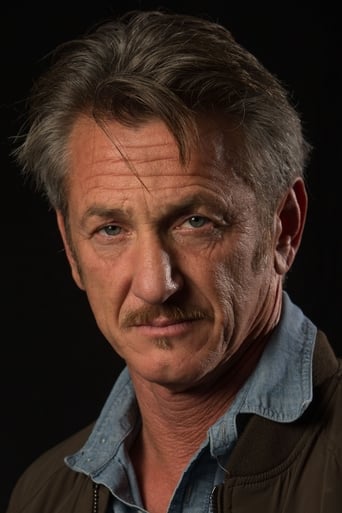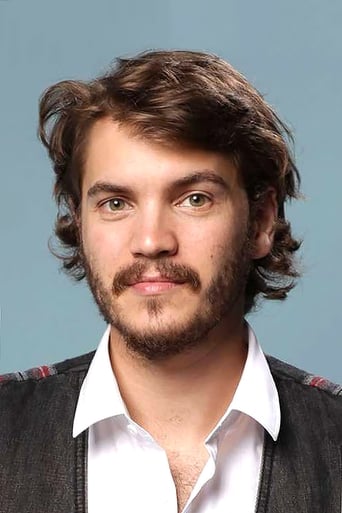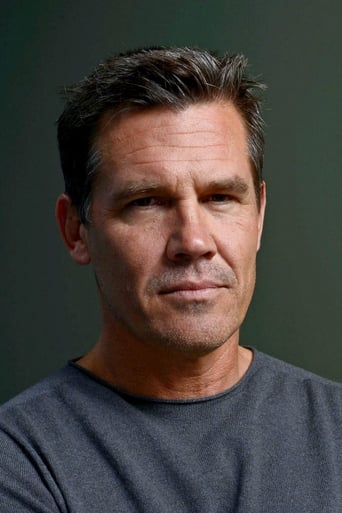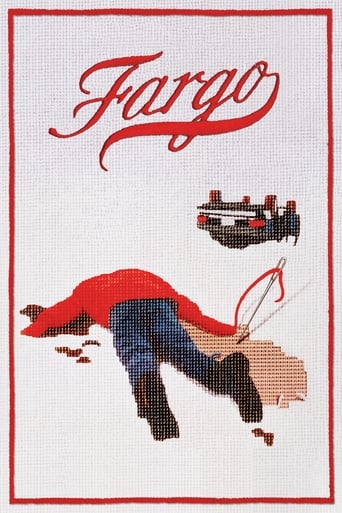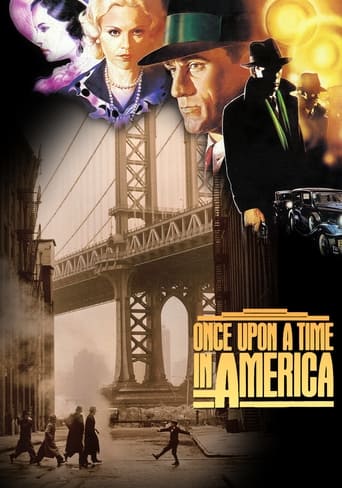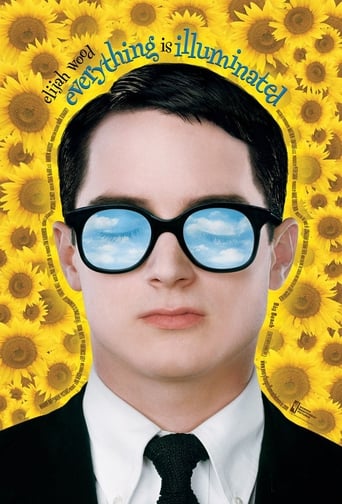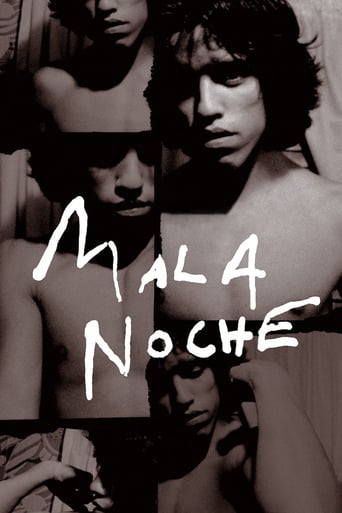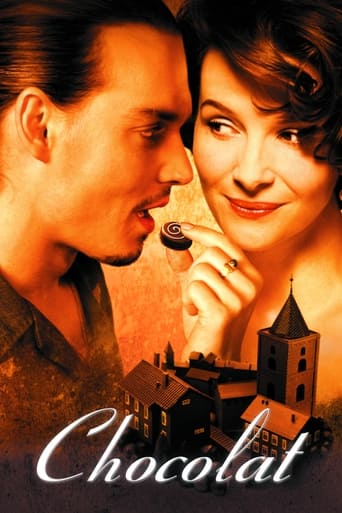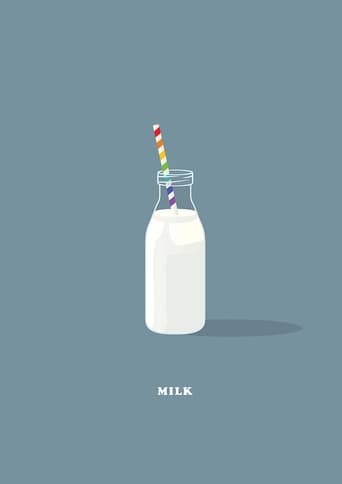
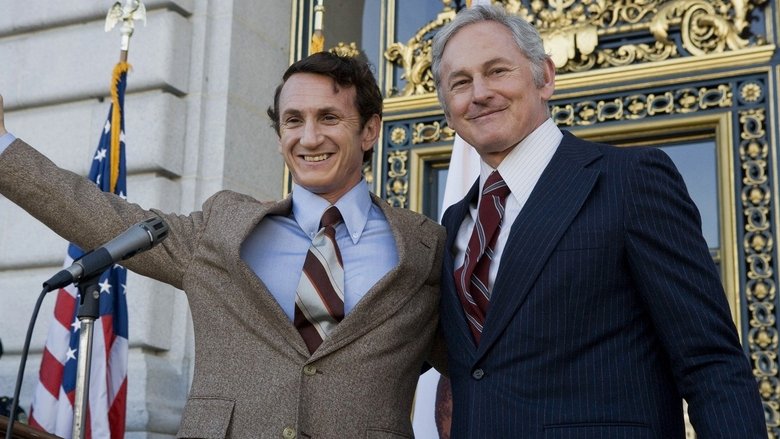
Milk (2008)
 Watch Now
Watch Now








The true story of Harvey Milk, the first openly gay man ever elected to public office. In San Francisco in the late 1970s, Harvey Milk becomes an activist for gay rights and inspires others to join him in his fight for equal rights that should be available to all Americans.
Watch Trailer
Cast


Similar titles
Reviews
Excellent but underrated film
Awesome Movie
This is a coming of age storyline that you've seen in one form or another for decades. It takes a truly unique voice to make yet another one worth watching.
The storyline feels a little thin and moth-eaten in parts but this sequel is plenty of fun.
One thing can for sure be said about Milk (2008), and that is that Sean Penn turns in a masterful, beyond accurate performance. He portrays gay rights advocate Harvey Milk wonderfully. And James Franco is great here too, I absolutely loved him and his character in this film. The chemistry between Penn and Franco is believable and I for one really rooted for their relationship. Josh Brolin plays murderer Dan White very accurately, and I commend him on a great performance. Dustin Lance Black wrote a great award winning script that works so well for the film. And the love/romantic scenes between Milk and his lovers are well shot and tastefully done. The movie shows the ups and downs of milk's life and how he fought tooth and nail for LGBT rights in San Francisco, California, and ultimately across the United States. I do personally feel like the movie could have been just a little stronger overall, but I still feel like this was a great representation of Harvey Milk's remarkable life. Milk (2008) receives a 7/10.
Gus Van Sant's Milk follows the story of out gay San Francisco City Council member Harvey Milk and his eventual assassination at the hands of fellow councilmember Dan White. Following the Oscar award winning screenplay writing by Dustin Lance Black, Milk successfully explores the later life of Harvey Milk as he battles against Proposition 6 in California, the fight for antidiscrimination protections for LGTBQ people, and creating a world in which gay people can be safely out anywhere. While it is by no means perfect, sometimes exaggerating the role Harvey played and underwhelmingly portraying the opposition, overall, Milk is a film that helps provide the education and exposure that display a pro-gay view of history and show activists like Harvey Milk in a way that benefits the gay rights movement and community.Milk starts by opening with historical footage of police raids and then immediately lets the cat out of the bag by showing the announcement to the press that Dan White had shot and killed San Francisco mayor, George Moscone, and fellow councilmember Harvey Milk. By informing the audience of Harvey's inevitable demise early in the film, it turns the focus of the film away from Harvey's death at the hands of Dan White and instead sets the film up to push its narrative towards Harvey's contributions to the gay rights movement in the mid-1970s, forcing the film and the audience to see what the world lost when Harvey Milk was killed. After the historical footage, Milk turns to the last decade of Harvey Milk's life in the 1970s. On his 40th birthday, Harvey meets his first lover in the movie, Scott Smith, who eventually becomes the campaign manager for his run for San Francisco City Council. Moving to San Francisco, Harvey develops into an activist and decides to run for political office After unsuccessfully running for a seat in the city council twice, and due to redistricting, Harvey is able to win the seat for his district, the newly created District 5, representing the well-known gay Castro neighborhood of San Francisco. As a City Council member, he worked alongside Dan White and Harvey's liberal views clash with Dan's more conservative Catholic views. Harvey, after his relationship with Dan White sours because Harvey would not support one of Dan's bill, is able to propose and help pass an antidiscrimination ordinance for LGBTQ people in housing and employment in San Francisco. Next, Milk turns its attention towards California's Proposition 6, sponsored by California Senator, John Briggs, and elevated to national attention with the help of signer-turned-religious-activist Anita Bryant. Proposition 6 attempted to ban all homosexuals from teaching and possibly also remove anyone who supported LGBTQ people. All the while, Dan White, struggling with the financial instability of his failing business and low government salary and disheartened by the values of the political world of San Francisco, submits his resignation from the council. He later attempts to rescind his resignation, but Mayor Moscone refuses to reinstate him, after being petitioned by Harvey. This leads to the closing events of Milk, portraying Mayor Moscone and Harvey's murder by Dan and the candlelight vigil, attended by thousands, held for Harvey Milk.Overall, I enjoyed Milk. I found Harvey's speeches inspiring and felt that I was watching Harvey resonate not only with the San Francisco gay community, but also LGBTQ people and straight people across America. Being gay myself, I wanted to learn more about LGBTQ history, but the traditional routes of schooling available to me were very lacking in LGTBQ education, let alone positive LGBTQ history. Milk treats me to the story of a politician who broke barriers and fought for the rights of people like me. Milk shows Harvey working through the religious and social discrimination that LGBTQ people experienced in the 1970s to promote important changes like San Francisco's gay rights ordinance and to prevent backwards legislation like Proposition 6, treating viewers to a positive take on Harvey's legacy and one of the few mainstream pro-gay films based on a true story.However, Milk was not a perfect portrayal of Harvey Milk or the gay community at the time. Harvey's sexuality and the sexuality of gay life as a whole is portrayed in a diminished capacity, showing Harvey in particular as much more of a monogamous individual than history knows to be true. This may have been intentional, as Milk was released in 2008 only two months after California's Proposition 8 is passed, banning gay marriage again after it was made legal from a court ruling in May, 2008 and also in the midst of a Presidential election in which both candidates expressed opposition to gay marriage, although then presidential candidate Barack Obama supported civil unions at the time. Milk also gives Harvey almost all of the credit for the fight against Proposition 6, making the Castro, pre-Harvey, seem to have no other organizations successfully fighting for gay rights in San Francisco. In reality, Harvey had assistance from grassroots organizations that had formed nearly a decade before Harvey was elected as City Councilor. Despite a couple criticisms, Milk and its portrayal of LGBTQ people and their concerns in the 1970s is accurate, positive, and is a great film. It provided the mainstream, straight audience a look into a community most history books dedicate little or no time to and lifts a gay rights hero to a worldwide stage where all can see the early fight for basic civil rights for LGBTQ individuals. I wholeheartedly recommend Milk.
the fight of a man. for principle. for his credo. for a better world. a revolution. and a victory who reminds so many similar other success. short, an useful testimony about the force of hope and determination and courage. the great fact - Milk has the splendid gift to be an universal story. not only about the struggle of a sexual community for its rights. not about a simple man who becomes symbol of the desire to change social perception and to say the truth against each obstacle. and, maybe, not one of the most remarkable roles of Sean Penn. but something real profound.a message. a remind. a testimony. essential more than important. for understand the details who define the life. Milk is the portrait of a hero. and good support for not ignore the other. a powerful pledge for tolerance. and a great film.
Well I got to say that it's quite hard to write this review, particularly considering that I watched this movie mainly in order to complete the IMDb Oscar list. I find the story to be just plain, especially because the movie didn't really dramatize the conflicts that the gay people had. Compared to other movies about civil rights movement, like the more recent Selma, this movie sure showed that it lacks the attention grabbing scenes, which most likely to be of violent nature. Instead the movie only emphasized on the frontal gay kissing here and there, often in close up ranges and lasting more than a couple of seconds. Well, in another light those scenes can be a test for straight people that if they don't feel anything after watching those scenes, then there should be something in their minds already. The acting overall is indeed a great work. Sean Penn and James Franco really went total in their parts. Josh Brolin also played a convincing part as the easily swayed and begrudging politician. Emille Hirsch and Allison Pill added very nicely to the movie as a whole.



